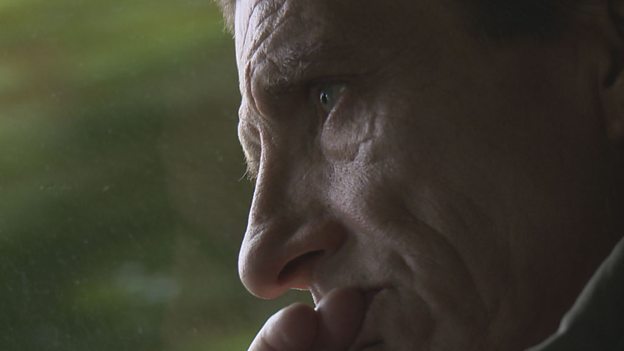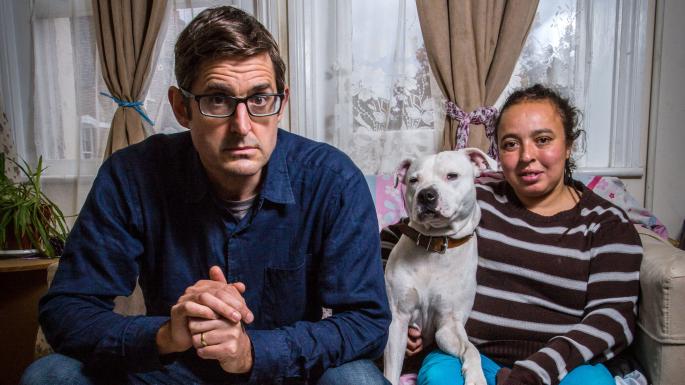If you get a headache, you can take a painkiller. If you cut yourself, you put on a plaster. If you become physically or psychologically addicted to any particular substance, the cure is harder to come by.
The nature of addiction is complex: we try our best to understand, to offer our aid and compassion to those amongst us who find themselves caught in it, but, more often than not, even the patience of saints is exhausted, and the person struggling with addiction slips away, to languish on the margins of society.
When it comes to addiction, one can only hope that the UK has reached a crossroads, rather than a dead end. Indeed, the official nomenclature speaks inadvertent volumes:
Those with drug-related problems tend to be difficult to find, and addiction is difficult to measure. Experts consistently fail to agree on what constitutes an addict, problematic use or problematic user. Estimates as to how many people are experiencing drug problems have to be drawn from different sources, using different ways of measuring (via DrugWise)
This month, the BBC have aired a number of documentaries that attempt to broach the complexities of addition with compassion and candour.
Chasing Dad: A Lifelong Addiction (BBC3) is the account of filmmaker Philip Wood attempting to reconnect with his estranged father, a recovering alcoholic and heroin addict.
Wood re-enters his father’s life after a decade apart, and captures the day-to-day chaos of addiction. Wise to his Dad’s old habits, Wood meets his father’s affable on-camera manner with weariness, unsure if he can believe he has really kicked heroin for good. With his front door revolving at all hours with increasingly mysterious ‘friends’, we soon find his suspicions confirmed. Indeed, in an interview with VICE, the filmmaker stressed the palliative value of his weapon of choice:
…the camera was like an intermediary. I couldn’t even face picking up the phone to him, and I really didn’t like him, but I thought this was the only way – to have a camera between us. It made the process somewhat easier […] He was a compelling individual to document, and it worked on film because he is unfazed by the camera. I found him magnetic and charismatic, yet equally repulsive and maddening. I wanted to show, beyond the actual addiction of the drug itself, the environment in which an addict can function for over 30 years
As the reconciliation between Woods Jnr & Snr becomes muddled with mistrust, the film becomes something greater. Far deeper then the standard rubbernecking fest that lesser addict-docs subject us to, Chasing Dad shows its audience something beyond the sensationalism that other films lapse into. Wood contrasts the inescapable, like-it-or-not connectivity of family with the social netherworld of the addict, a lone figure left with only their vice (and those others lost to that vice) for company.
Soundtracked by some of Stars Of The Lid‘s statelier cuts, Chasing Dad is a fresh and welcome addition to the addict-doc canon. Without pretension or pomp, the filial bond between filmmaker and subject circumvents the urge to dismiss the addict for their deficiencies, replacing it (and rightfully so) with the desire to see the human behind the condition, the father that’s still in there somewhere.
Wood doesn’t have the answers, nor does he have the miracle cure, but perhaps, Chasing Dad suggests, our society, so keen on the ‘quick fix’, needs to approach addiction in a different way, something compassionate and respectful, but undeceived nonetheless.
Louis Theroux – Drinking To Oblivion, which premiered this weekend on BBC2, finds the living icon of UK documentary spending time with people suffering from advanced alcoholism, receiving specialist treatment in the disconcertingly named, ‘Liver Unit’ of Kings College Hospital.
Theroux has long since left his ‘Weird Weekends’ behind him, as recent projects, notably his Extreme Love (2012) series (not to mention his forthcoming feature: My Scientology Movie), have marked an urge to tackle very heavy subjects with humility and grace. It comes as no surprise, then, to find Theroux focusing on the lives of alcoholics in Drinking To Oblivion, attempting to connect with them, and offering to understand them, should the possibility exist.
Aurelie (pictured above with her pooch, Romeo) tells Louis that she drinks as many as ten cans of 8.4% K-Cider every day just to feel normal, as in, to suppress the vicious symptoms of alcohol withdrawal. With this long-sufferingly utilitarian approach to her condition, Aurelie takes it one day at a time, living at the beck and call of the bottle and the can. In some of the most sobering (and I use that word sincerely) footage you will see this year, she expresses absolute insouciance during a visit to the Doctor, where she is told in no uncertain terms that she will not have long left to live, should she continue to drink. ‘I am more afraid of stopping [drinking] then I am of death’ – she confesses to Theroux.
In fact, such is the prison of alcoholism, that quitting drink appears to be almost as much of a threat to Theroux’s subjects then staying on the sauce, given the notoriously unpleasant effects of detox providing the rock to alcohol’s hard place. Oblivion tracks the struggles of Joe, a flighty young man from Brighton, of whom Theroux’s team capture in almost every conceivable stage of his battle with booze, swinging back and forth between sobriety and relapse.
Theroux is not in the business of titillation, Oblivion does not dare us to flinch, rather it dares us to look. For alcoholics, Theroux theorises, the bottle is the last thing there when all flesh-and-blood friends have been discarded during the downward spiral of addiction. We watch Aurelie mocked and insulted by her souse ‘boyfriend’, and then we hear her tell Louis that he is the only kind of person who will keep her company – the undesirable alcoholic that she is. We see young Joe, freshly dumped, friendless, his parents have long stopped returning his calls, crawling through the thickets outside of A&E, grasping desperately for a drink.
Neither of these two excellent documentaries are an easy watch – fodder for ‘Netflix-and-chill’ they are not. But perhaps, I would dare say that they belong to a genre we all thought was dead and buried, that of ‘BBC-and-learn’. If we are going to better help those of our neighbours and fellow citizens so seemingly lost to addiction, then we have to begin to look them in the eye and listen, Theroux and Woods suggest. And, if we grow weary of listening, then even just looking can help, as humble observation alone could herein prove to be a valiant and valuable effort in the bitter, torrid world of addiction.
Chasing Dad: A Lifelong Addiction and Louis Theroux – Drinking To Oblivion are both available to watch on BBC iPlayer now
Words by Calum Armstrong. Tweets @vf_calum


